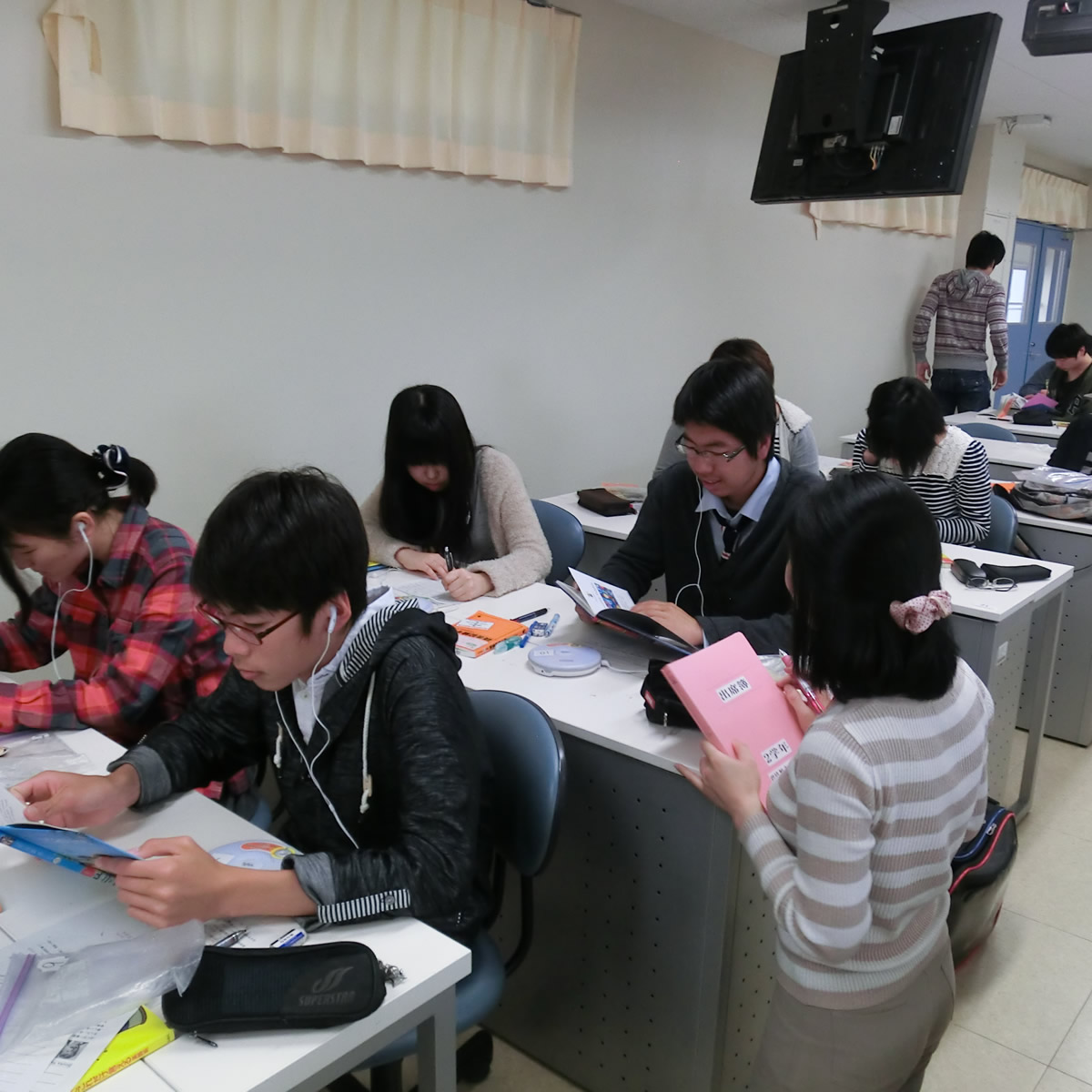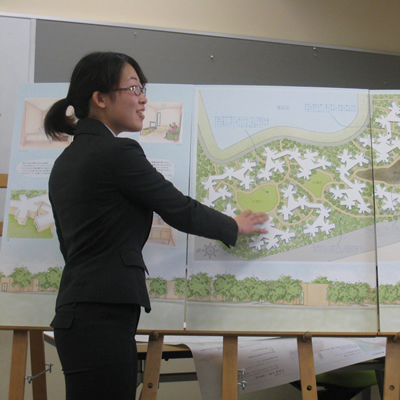Outline of the Department of Information and Computer Engineering
The society of today is supported by the technology of the computer system and the Internet. In the future, more and more advanced information processing technology and telecommunication technology will be needed to make society more affluent. Additionally, a creative engineer who can respond flexibly to the requests of society is necessary to develop such technologies.
The Department of Information and Computer Engineering aims to promote data processing specialists with high intellect and creativity that can respond promptly to the changes in the society. Information processing engineers must not only possess expertise in computers and related technologies, but they also need to acquire a well-rounded education to function effectively as members of society. Furthermore, they need to deeply understand what can and cannot be done on a computer, as well as a discerning understanding of what should not be done. In the Department of Information and Computer Engineering, education is not merely focused on teaching programming techniques for computers. We place an emphasis on the fundamental subjects necessary for data processing specialists, conducting education that cultivates creative and versatile talents.
- Fundamentals of Information (basic knowledge of mathematics and electricity necessary to understand computer theory)
- Computer software (programming and effective use of computers)
- Computer hardware (operating principles and structure of computers)
- Electronics (electronic engineering and electronic circuits, etc.)
- Computer applications (communication, artificial intelligence, image processing, etc.)
- Computer Engineering Laboratory and Graduation Study (practical training and creative research in information processing technology)
It suits people like this
- People who are interested in computers
- People who want to experience the latest technology
- People who want to take on new challenges
- People who like manufacturing
- People who want to surprise or entertain people
- People who can learn from the basics to achieve their goals
What you’ll learn
| 1st grade | Computer Literacy, Introduction to Computer Engineering, Computer Engineering Seminar I, Information Literacy, Programming I, Mathematical Engineering Practice I |
|---|---|
| 2nd grade | ProgramminⅡ, Digital Circuit I, Computer Engineering Laboratory I, Circuit Theory I, Mathematical Engineering PracticeⅡ |
| 3rd grade | Applied Physics, Digital CircuitsⅡ, Circuit TheoryⅡ, Computer Engineering LaboratoryⅡ, PhysicsⅢ, Algorithms and Data Structures, Mathematical Engineering ExercisesⅢ, Engineering Design I, Computer Engineering, Transient Phenomena Theory |
| 4th grade | Signal Analysis, Engineering DesignⅡ, Electromagnetism, Mathematical Analysis, Object-Oriented Programming, Computer Architecture I, Information Networks, System Programming, Software Design, Computer Engineering SeminarⅡ, Computer ArchitectureⅡ, Communication Engineering, Cybersecurity, Mathematical Engineering ExercisesⅣ, Intelligent Media Processing, Off-Campus Training |
| 5th grade | Statistics, Computer System Design, Programming Language Theory, Formal Language Theory, Computer Engineering SeminarⅢ, Electromagnetic Wave Engineering, Information Theory, Control Theory, Discrete Mathematics, Numerical Analysis, Graduation Research |
Where to find employment and go to school
![]()
![]()
⇑Employment Opportunities⇑ ⇑Educational Opportunities⇑




